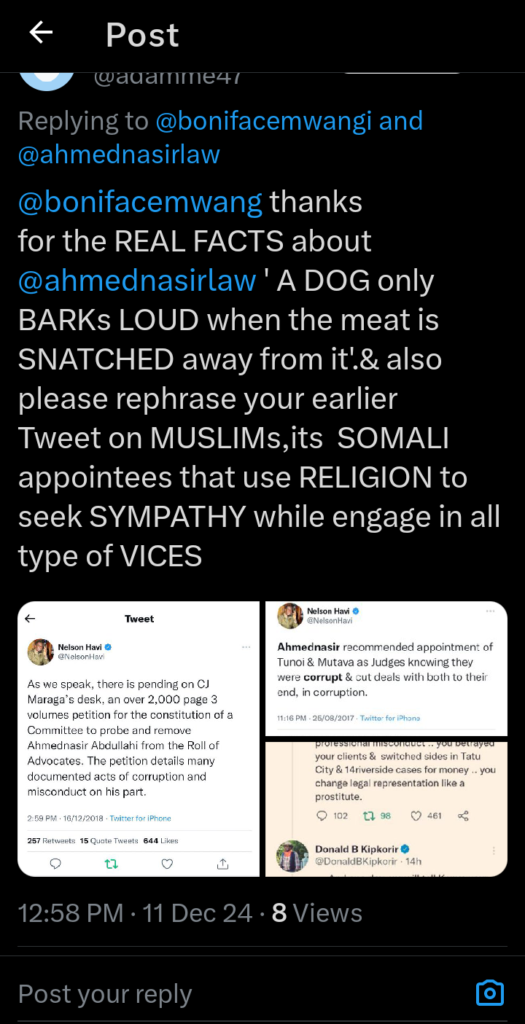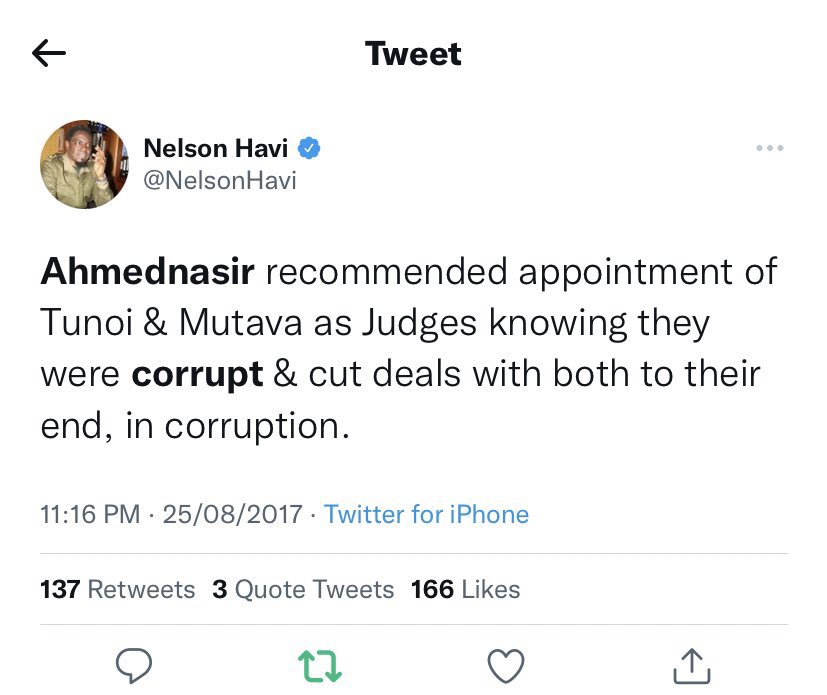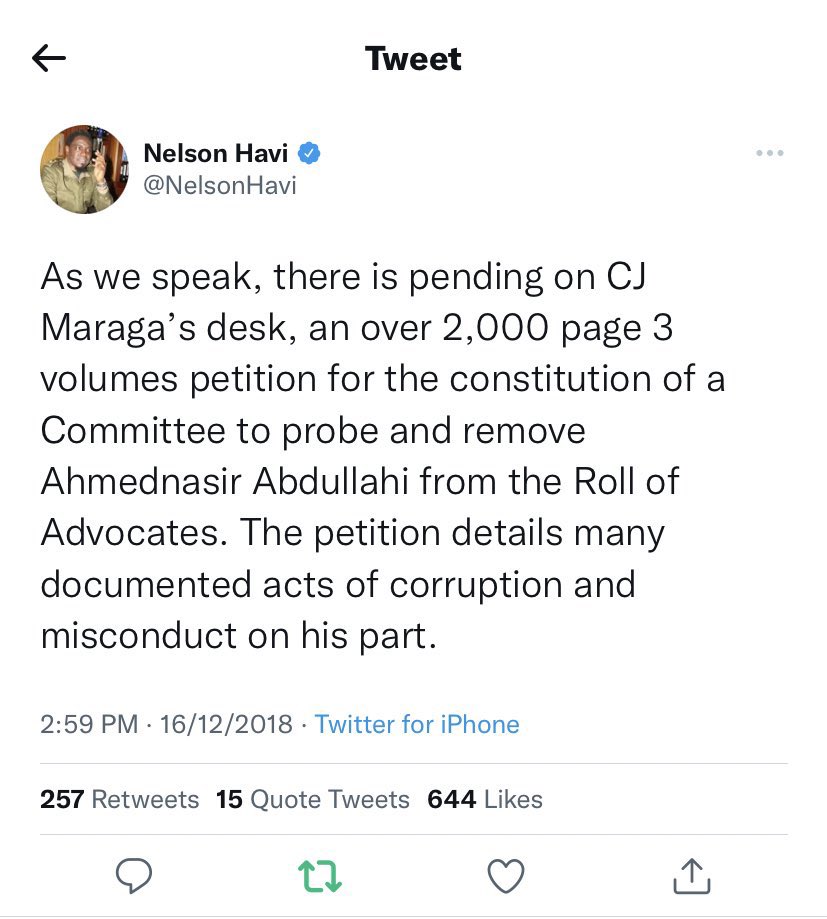Despite his prominence in Kenya’s legal sector, he has consistently been at the center of controversies that question his professionalism, integrity, and contributions to justice.
His actions and public persona have left many Kenyans skeptical about his commitment to fairness and accountability.
One of the most significant blows to his career came when the Supreme Court of Kenya barred him from appearing before it.
This behavior, which the court described as “reckless and unabashed,” forced the judiciary to take a rare and decisive step.

Despite warnings to change his conduct, Ahmednasir continued his attacks, ultimately leading to this historic ban.
His controversies extend beyond the courtroom.
Allegations have linked him to Somali cartels accused of laundering money from ransom payments to pirates.

These claims, while unproven, paint a troubling picture of a lawyer allegedly involved in activities that harm the region’s security and economy.
Such connections raise questions about whether Ahmednasir is using his legal expertise to enable criminal enterprises rather than fighting for justice.
In the legal sphere, Ahmednasir has also been accused of manipulating court outcomes. Judiciary employees have claimed that he uses intimidation and judicial blackmail to influence decisions.
Reports suggest that judges who do not align with his interests often find themselves at the receiving end of false corruption allegations.

This pattern of bullying undermines trust in Kenya’s judicial system and paints Ahmednasir as a figure more interested in power than the principles of justice.
Ahmednasir’s failures are not limited to his profession.
He has made promises to uplift his home region of Mandera, including a pledge to build dormitories and a library for a local school.
Years later, these promises remain unfulfilled, highlighting a disconnect between his public commitments and actual actions.

This failure has contributed to the growing discontent among those who expected him to champion development in the region.
Even his legal qualifications have come under scrutiny, with allegations of irregularities in his certification process.
Despite these claims being public for years, Ahmednasir has not provided clear evidence to defend his credibility.

This silence only fuels doubts about his professional legitimacy.Ahmednasir Abdullahi’s legacy is marred by accusations of corruption, intimidation, and broken promises.
While some admire his legal skills, many view him as a polarizing figure whose actions have done more harm than good for Kenya’s legal and social systems.
His story serves as a cautionary tale about the dangers of unchecked influence and the need for accountability at all levels of society.





















Add Comment